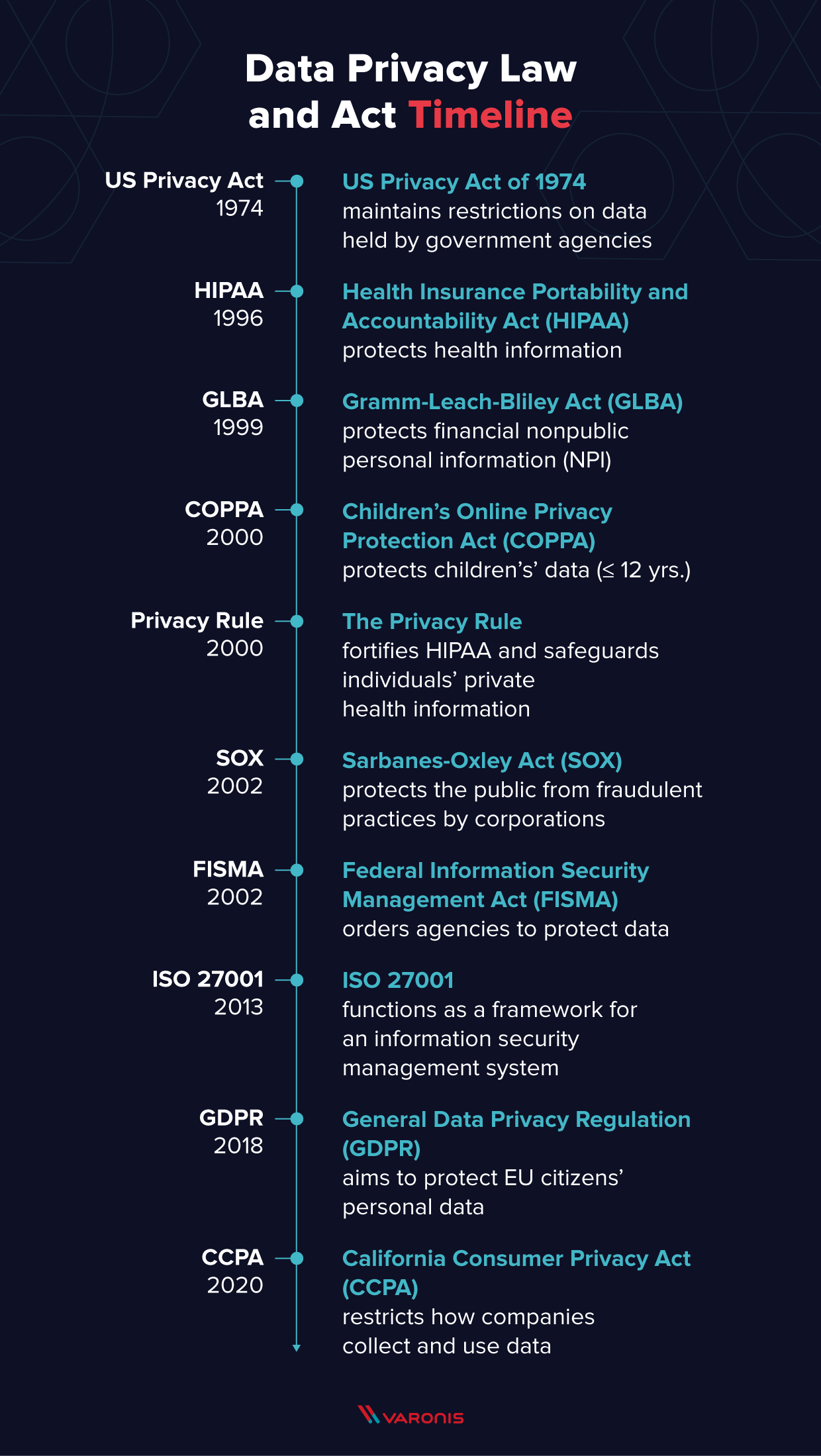
Safeguarding Patient Privacy: Navigating Health Data Protection Laws
In an era of digital healthcare, where patient data is increasingly stored and shared electronically, robust health data protection laws are imperative. These regulations not only ensure the confidentiality of sensitive health information but also build trust between patients, healthcare providers, and technology stakeholders.
The Evolution of Health Data Protection Laws
Health data protection laws have evolved in response to the digitization of medical records and the proliferation of health-related technologies. Initially focused on paper records, these laws now encompass electronic health records (EHRs), wearable devices, and other digital health tools. Understanding this evolution is key to appreciating the current regulatory landscape.
Confidentiality as a Cornerstone
The cornerstone of health data protection laws is confidentiality. Patients trust healthcare providers with intimate details about their health, and these laws establish a framework to ensure that such information remains confidential. This confidentiality extends to all forms of patient data, from medical histories to diagnostic test results.
Compliance with HIPAA and Other Regulations
In the United States, the Health Insurance Portability and Accountability Act (HIPAA) is a central piece of legislation governing health data protection. Compliance with HIPAA is mandatory for healthcare providers, insurers, and business associates who handle patient data. Other regions have their own set of regulations, such as the General Data Protection Regulation (GDPR) in the European Union.
Data Access and Patient Rights
Health data protection laws also emphasize patients’ rights regarding their own health information. Individuals have the right to access their medical records and control how their data is shared. This empowerment of patients fosters transparency and places them at the center of decisions regarding their health information.
Security Measures in a Digital Landscape
As healthcare embraces digital technologies, health data protection laws mandate robust security measures. Encryption, secure transmission protocols, and authentication processes are essential components. Compliance requires healthcare providers and technology developers to invest in cybersecurity to safeguard against data breaches and unauthorized access.
Emerging Technologies and Regulatory Challenges
The integration of emerging technologies, such as artificial intelligence and telemedicine, poses new challenges for health data protection laws. Regulations must adapt to address the unique privacy concerns associated with these technologies, striking a balance between innovation and the protection of patient information.
International Collaboration on Health Data Protection
Given the global nature of healthcare and medical research, international collaboration on health data protection is crucial. Harmonizing standards facilitates the secure exchange of health information across borders. Such collaboration is evident in efforts to align data protection laws and frameworks globally.
Penalties for Non-Compliance
Health data protection laws come with stringent penalties for non-compliance. These penalties are designed to incentivize adherence to regulations, emphasizing the seriousness of safeguarding patient information. Healthcare organizations and technology providers must be aware of and adhere to these regulations to avoid legal repercussions.
Educating Stakeholders for Effective Implementation
Effective implementation of health data protection laws requires ongoing education for all stakeholders. Healthcare professionals, administrators, technology developers, and patients must be aware of their roles and responsibilities under these laws. Education fosters a culture of compliance and ensures that everyone involved understands the importance of protecting health data.
Health Data Protection Laws: A Link to Trustworthy Healthcare
In conclusion, health data protection laws serve as a crucial link in establishing trustworthy healthcare practices. For the latest insights and updates on Health data protection laws, explore resources that delve into the nuances of these regulations. By navigating and adhering to these laws, stakeholders contribute to a healthcare landscape where patient privacy is prioritized, fostering confidence in the use of digital health technologies.



